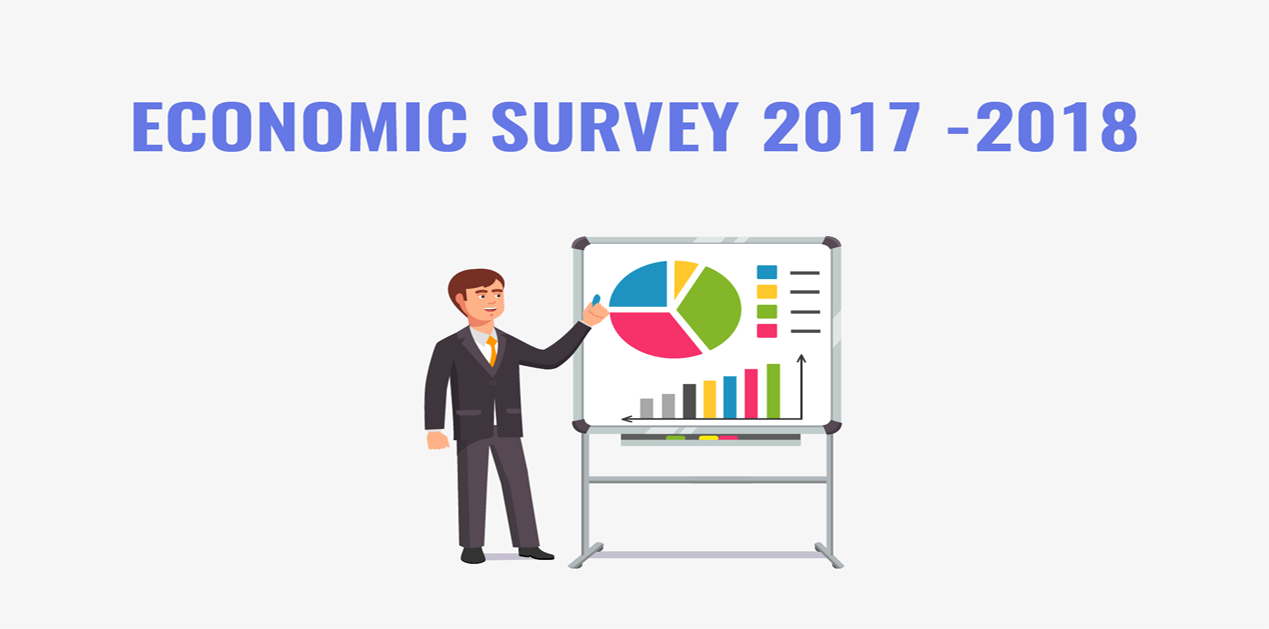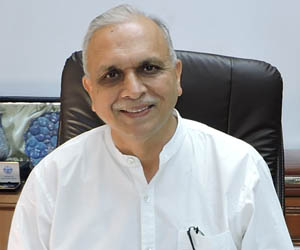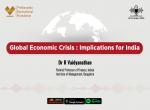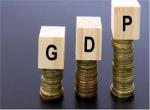What does India’s Economic Survey 2017-18 tell us about national security? This may sound an unusual question because in traditional understanding of national security and economy are two separate entities which are not discussed together. The two concepts do not meet except when it comes to providing resources for defence and law and order functions. Economic Surveys do not generally talk about national security.
However, with a broader understanding of national security emerging, it is now a realized that a country must have a sound economy if it has to have robust national security. Economy is the basis of national security. Weak economies are prone to high degree of security risk. Failed states have been recognized as breeding grounds for terrorism, drug running, human trafficking and similar destabilizing factors. Jobs, gender, skills, science and technology, agriculture, climate change, external trade and resources are part of national security discourse today. These are the issues which the Economic Survey deals with in detail. Therefore, the watchers of national security trends should read carefully what the Economic Survey has to say about the health of national economy because of its direct impact on national security
The Economic Survey is upbeat on immediate prospects of economic growth. It estimates that the economy is likely to grow by 7 to 7.5 percent in the year 2018-19. This is good news for the country. But the Survey also cautions that the high oil prices and the likely steep correction in the exuberant and expansive Indian stock market can adversely impact economic growth. The twin balance sheet problem – the weak balance sheets of the banks and that of their clients to whom they have lent – has not been resolved as yet although some steps have been taken in this area. Further, it cautions that the cycle of low investment and low saving rates continues. Investment seems to be picking up but these are still early days. This means that higher economic growth rates cannot be taken for granted.
Hopefully, the higher economic growth that the Survey talks about will translate into more revenues for the Government, leading to greater allocations for defence, diplomacy and internal security. However, the revenues of the Government depend upon receipts, which essentially means higher collection of taxes.
The introduction of the Goods and Services Tax (GST) has led to a fundamental restructuring of the indirect taxation system in the country. The Economic Survey has a whole chapter on the GST. Its findings are clear. After the initial hiccups, the GST system is stabilizing. This is good news. But we will probably have to wait a few more months to be sure of how much steady revenue will be generated by the GST. Last few months’ collections have been fluctuating. These revenues will have to be divided between the Center and the States. At the moment one can be sure that there has been a healthy increase in the number of indirect tax payers. One can be reasonably hopeful that the impact of GST on national security will be positive because the Government will have a steady stream of revenues which would only increase as the economy grows.
On the direct taxation front, the situation is not so sanguine. The worry here is that tax to GDP ratio in India is only little above 10 percent, one of the lowest in the world. More people need to be brought in the tax net. Some improvement has taken place but we will have to see where there is buoyancy in direct tax collections next year. The Survey also underlines a worrying trend that tier 2 and tier 3 tax collection local authorities are under-collecting the taxes within their powers.
The Economic Survey points to four “headwinds” the Indian economy might face in the near future, namely: Reduced opportunities for exports due to rising protectionism following a backlash against globalization; difficulties in transferring resources from low productivity to higher productivity sectors due to structural factors; lack of human capital needed against demands of the high-technology knowledge economy: and, stress on agriculture due to climate change. These are long-term challenges which will not go away immediately. The country will have to be take many steps to address these challenges.
It is ironic that despite having had a superb record of high quality contributions to world science, India is nowhere near being a global leader in this area. On the technology front, India is a net importer of technology. Brain drain is rampant. A highly intelligent workforce available in the country is being used by foreign companies who are global leaders. Our record in becoming self-reliant in strategic sectors and strategic technologies is below par except in a few fields like space and atomic energy. The country has not been able to build a proper innovation system which can encourage and absorb the desi inventors and innovators.
The Economic Survey has done well to flag the low spending – less than 1 percent of GDP - in the R&D sector. This has direct bearing on national security. Other countries spend much higher percentage of GDP on R&D. Today, the country is importing nearly 70 percent of its defence needs and it has virtually zero indigenous cyber security industry. The Economic Survey says categorically that spending on R&D should be doubled. Additional resources for science and technologies should come from the private sector and universities. It recommends that in addition to the ease of doing business, the country should create a climate for “ease of doing science”. It makes a vital point: India should invest in science and mathematics education, and take a “more mission-driven approach in areas such as dark matter, genomics, energy storage, agriculture, mathematics and cyber physical systems.” These are eminent suggestions which will not only improve the economy but also the national security.
Although the Economic Survey does not say it explicitly, climate change is a major national security threat. Adverse consequences of climate change on agriculture have been dealt with in the Economic Survey in detail. The Survey cites research to the effect that warming of the climate can lead up to 25 percent reduction in crop yields in unirrigated areas. Extreme weather events would become more frequent leading to huge dislocations and more expenditure on disaster management.
Gender issues are an important part of security discourse today. It is the women and children who bear the brunt of wars, migrations, violence, draughts, floods, pandemics and famines. The Economic Survey has some interesting analysis of the gender gap in the country, and of missing female children. The fact remains that discrimination against women, inherent in our socio-economic structures, weakens the country. It is not enough to worship the female as Shakti, it is equally important to empower her. A country cannot count to be strong unless half of its population is cared for.
The key take away from the Economic Survey is that the structure of the Indian economy is changing rapidly both due to a string of fundamental economic reforms undertaken in the last few years and because of the external factors like the relentless march of technology and the global uncertainty about oil prices which are linked to geopolitics. The Economic Survey puts forward a balanced and reasonable analysis of the Indian economy. It offers hope for economic recovery but also cautions about the pitfalls. National security rests on good economic performance. One hopes that the next edition of Economic Survey will have a chapter on national security also.
(Views expressed are of the author and do not necessarily reflect the views of the VIF)
Image Source: http://blog.practicemock.com/gk/economic-survey-highlights-2018-major-points/










Post new comment